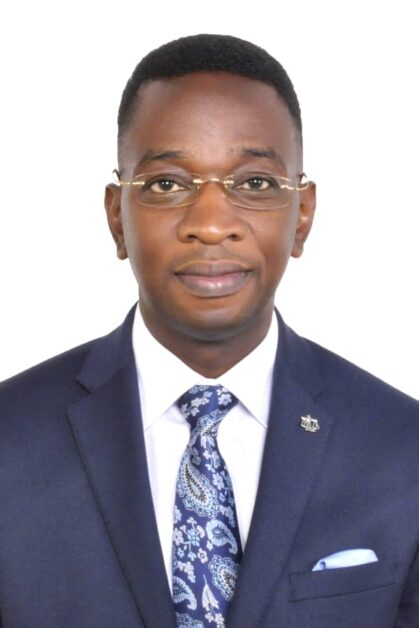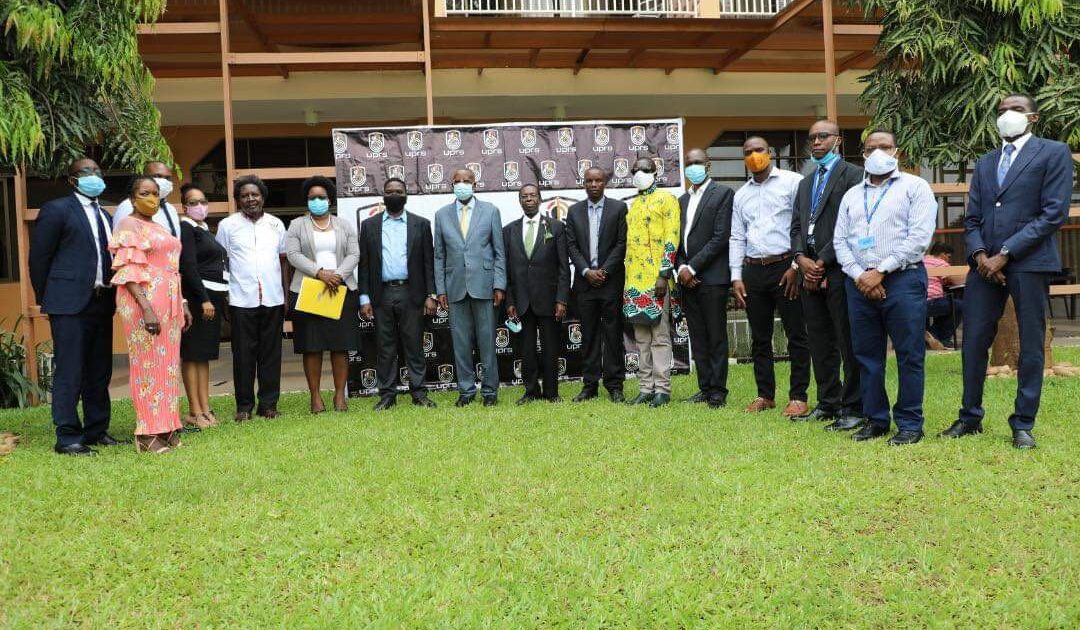By Sylver Kyagulanyi
Ideally, in the copyright sector, a performing rights society (also referred to as a Collecting society or Collective Management Organization) exists to collect royalties for its members (copyright holders) from those who wish to publicly use their works through broadcast and usage. This is in commercially oriented venues like bars, shops, stores, banks, gyms, hotels, aircrafts, among other public places.
The history of collecting organisations in the music domain dates back to 1851 in France at the establishment of SACEM (Society of Authors, Composers and Music Publishers), a french society established to administer public performance rights in musical works. The story that predates the establishment of SACEM is that of frustration of the creators of works. It is said that in 1847, Ernest Bourget, a french composer, went to Les Ambassadeurs, a café in Paris, where he heard some of his compositions performed. Despite the fact that he had to pay for his meal, his compositions were being performed for free. In fact there was even no arrangement to seek his prior consent for the perfomances.
This didn’t go well with him, and together with two others; Paul Henrion, a lyricist and Victor Parizot, a publisher, they successfully sued the owner of the café, seeking to either be remunerated for the performance of their work or a prohibition on such performance of their works in public places. It is now an established international principle that authors and composers have a performing right in their works which grants them a right to remuneration whenever their work is publicly performed. This is buttressed in the Berne Convention of 1886, an International Agreement which governs copyright.
It follows that Collective Management Organisations (CMOs) were established world over. In the case of Uganda, the Uganda Performing Rights Society (UPRS) was established in 1985 to mirror the Performing Rights Society of the United Kingdom which had been established in 1914.

Collecting societies in practice should promote the economic and social well being of their members by regularly paying them royalties collected. Such Societies should also make reciprocal representation agreements with foreign societies and provide information relating to copyright and the neighboring rights in their respective countries.
On that premise, UPRS was formed as a private company limited by Guarantee, by mainly musicians, to advance the cause of copyright administration in Uganda. As such, it belongs to its members. With the viability of music as a commercial product today, UPRS has the capacity of collecting 20 billion shillings a month. However, the work of UPRS in Uganda for many years following its establishment had gone in limbo until the enactment of the Copyright and Neighbouring Rights Act of 2006 (commonly known as the Copyright Act) which appeared to give a boost to the recognition of copyright and related rights as intellectual property.
The Copyright Act positioned the Ministry of Justice and Constitutional Affairs as the line Ministry and the Uganda Registration Services Bureau (URSB) as the national entity for copyright, clothed with mandate not only to register copyright and related rights but also to authorize and regulate collecting societies.
UPRS was the first Collecting Society to register for the performing rights bundle under the Copyright Act. It was authorized by URSB to hold the monopoly in such bundle of rights since the law states that there can only be one society representing a bundle of rights as long as it performs to the satisfaction of its members.
I am a member of UPRS and in both my personal capacity and in association with others, especially the Uganda Musicians’ Association (UMA), I have consistently advocated that we receive remuneration from UPRS considering that it collects royalties from the users of our works.
Year after year we, copyright holders, received no remuneration save for a few who received peanuts that were paid to silence the most vocal amongst us. Unfortunately, such members were also willing to front their self-interests above interests of all members. The rest of us implored, waited and prayed for equity to prevail over the decision makers at the UPRS to no avail. Meanwhile, we were also reaching out to the regulator (URSB) to take interest in the fact that our rights were being abused. The regulator did not respond until July 29th 2019, when they prevailed over UPRS, appointed a Caretaker Manager, suspended the CEO and his team and started on what we then thought was going to be a clean slate.
We thought the caretaker would take at most three months to put our society in order and have it returned to us but it took a year and some months. In and about October 2020, in a total anti-climax, the caretaker’s tenure came to an end. No clear report was given to the members and no attempt was made to account for the money collected. Rather, there was some form of online ad-hoc Annual General Meeting that imposed an amendment to the UPRS constitution without proper consultation, hoping to rely on technicalities to make it binding.
The unholy amendment has provisions that are repugnant to corporate governance and ought to embarrass any sober proponent. Through UMA, our association as musicians, we immediately wrote to URSB expressing the following: that the rushed process to adopt a new Constitution for UPRS flouted procedural considerations including proper consultation with the members which brings in a question of whether the Constitution was properly adopted and legitimate; that the amendment by implication makes the members lose control of their society due to the fact that the proposed 11 member board composition is by a majority of 6 to 5 appointees from URSB who are non- members plus there is no provision for members to vet them prior to their approval; meaning that members are largely represented by people they don’t know at all. Moreover, the Constitution provides for excessive and unnecessary qualifications for the 5 elected members; that the amended Constitution makes no provision for the protection of the members’ royalties and therefore offers no remedy to the main concern that led the members to appeal for URSB’s intervention in the first place.
We went ahead to propose the following to URSB: that the amendment should include a limitation on administrative costs of 30% of collections annually; that the number of elected members should be the majority on the board and; that the academic qualification threshold be put at A- level (UACE) or its equivalent. This would be the same as the requirement for citizens contesting to become members of Parliament of Uganda. We warned that in the absence of an administrative remedy, the members would proceed to challenge the constitution as illegitimate and unduly imposed.
Our complaint met the deaf ears of URSB and clearly the arbitrary act of imposing a constitution without considering the opinion of members, is a forewarning that we just went from a frying pan to the fire. Apparently, the majority of the purported UPRS board are non-members of the Society. They were appointed at the whim of URSB under a criteria unknown to the members. These appointees have no interest to protect in UPRS and therefore no inclination whatsoever to protect our royalties. Since URSB is oblivious to the obvious wrong, we now have to continue the fight for common sense to prevail. Another year and half wasted can only be summarized in the words of a poet:
“Mountains will labour: what’s born? A ridiculous mouse!”
(Ars Poetica)
The Author is a musician, lawyer and the Executive Director of The Copyright Institute of Uganda.






This is good work